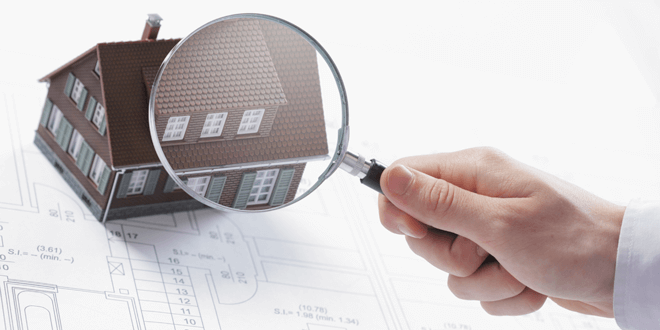Gaining FHA approval for your condos takes a good bit of effort. You’ll be dealing with numerous departments within the Federal Housing Administration to increase your pool of potential buyers. Do remember that the FHA does not actually give loans, they simply insure them. This allows people to purchase homes with a lower initial deposit, opening your property to many more buyers.
Also remember that FHA approved condos can be revoked if purchasable condos are not kept up to FHA approved condos requirements. Another inspection will be done prior to sale in most cases.

Where to Start
Most condo approvals start long before the condo project has even begun. If you already have a condo that is already built, go ahead and skip to the next section. This will only cover condos that have not yet been built.
For condos that have not been built at the time of the request for approval, one must submit plans for hopefully FHA approved condos. The FHA will review these plans, usually blueprints, and get back to you on what issues need to be changed so that they can approve you. This can be as vast as lead paint in walls or incorrect piping systems, or as simple as a door needing to open in a different direction. Without submitting your plans, it is impossible to otherwise advise what needs to be done.
Once you get your plans back with the notated things that must be changed, speak to your construction group. On some things, such as lead paint remediation in previously standing structures that are to be converted, you may need a certified specialist to come in and give their stamp of approval that the job has been done.
Unless the issues are very small, FHA approved condos will likely cost a pretty penny. However, it opens the door to so many buyers that it is usually well worth it. It should help fill up your units much faster than trying for typical loans today.
Contacting the FHA for Inspection
Once you have made their required changes, you may contact a local FHA certified inspector to come out and inspect the property as it’s being built. There is no set timeline for this, but the FHA suggests that it be done “frequently”. They suggest this so that any issues visibly withstanding are shored up before drywall is being put up and carpets are being laid, if possible. It’s always easier to fix electrical issues or plumbing before walls are finished.
Inspectors in very busy areas may ask for long term notice, or that you pre-schedule multiple inspections all at once. This is not out of the ordinary and will be common in most metropolitan areas where construction is booming. Try not to reschedule an inspector unless due to weather setbacks in the building of the condos. If this is the case, most inspectors are usually very understanding since other projects in the area will likely be experiencing the same issues.
What To Expect During Inspection

It is perfectly normal to be a little apprehensive about meeting your local inspector, and the inspection itself. The inspector will absolutely go over every single nook and cranny of each and every condo, the frames thereof, or whatever you have standing at the moment on your project. Be prepared for harsh criticisms, even if you are well within building codes for your area. The FHA is investing their insurance and will not do it in a blase manner.
Toward the end of the inspection, you will receive a list of all the items necessary to comply with FHA approved condos. Again, this could be as simple as a door needing to open a certain way or it could mean complete re-routing of planned sewer piping. Most buildings that meet local standard will also be FHA compliant by the time they are finished being built. This does not guarantee that yours will, but that is the entire reason for having the inspector out multiple times during building- they can help you fix what’s wrong so you do get approval.
At following inspections, the inspector will likely address issues that were not fixed in prior inspections. If these issues will be fixed later in the project, attempt to have a construction manager present to explain that to the inspector. Some inspectors will accept this since some construction agencies complete tasks in different orders than others. Others may not. Prepare yourself for both.
What Happens After Approval?
Once your project is finished and your FHA approved condos have been approved for FHA-insured loans, you will receive an enormous amount of paperwork. All of this paperwork must be filed with multiple agencies, though they will be earmarked with where they go and when they must be filed. These differ depending on your city and state, with the most common filings being your real estate agent, your city, your county, your state, and several forms signed by local inspection authority then sent back in to the FHA.
Long term approval will be pending on your buyer’s pre-purchase inspection until after the property has been sold. If your buyer’s pre-purchase inspection is clean, the FHA will insure their loan and you will have your condos sold all the faster and easier because you took these steps. Most real estate agents will advertise FHA approved properties as such because they attract attention faster, on average.
The FHA is, ultimately, one of the easier government bodies to deal with and it expands your buyer pool innumerably. Though it does not guarantee a sale of any property, it does certainly help to let buyers know that they won’t have to have such a high down payment and that they, too, can own a home of their own.
So contact the FHA and get the ball rolling on your project, today. FHA approved condos will only encourage buyers to flock to your project.